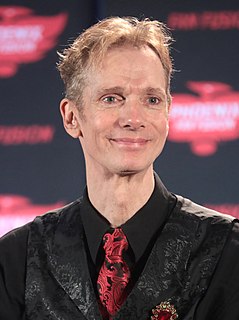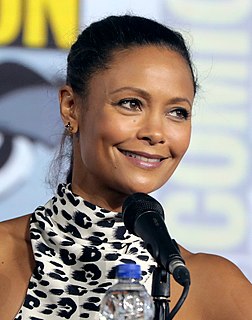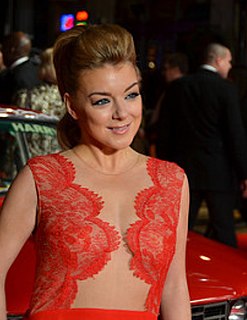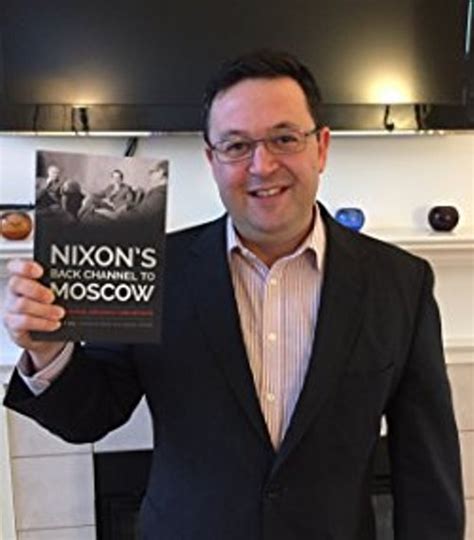A Quote by Doug Jones
I have such freedom when I'm living through a mask, and by contrast, can feel very exposed when a camera is capturing my real face. Kind of like the difference between walking out your front door in a sweater and jeans or in a Speedo.
Related Quotes
The difference between an amateur and a professional photographer is that the amateur thinks the camera does the work. And they treat the camera with a certain amount of reverence. It is all about the kind of lens you choose, the kind of film stock you use… exactly the sort of perfection of the camera. Whereas, the professional the real professional – treats the camera with unutterable disdain. They pick up the camera and sling it aside. Because they know it’s the eye and the brain that count, not the mechanism that gets between them and the subject that counts.
It helps so much being on location. It's like the difference between performing for the rectangle of the camera versus a world being created and then the camera finds things within that. There's a huge difference in that, because what it takes away is performance. You don't feel like performing. You're just kind of doing it. You're existing.
To keep people interested, your presentation needs to have contrast. As humans we process contrast. We are assessing "what's the same," "what's different," "what's like me," "what's not like me." Humans stay interested if they can process contrast. Varying types of contrast can be used. With content, you can contrast between what is and what could be or between your perspective and alternative perspectives.
It was a dance of masks and every mask was perfect because every mask was a real face and every face was a real mask so there was no mask and there was no face for there was but one dance in which there was but one mask but one true face which was the same and which was a thing without a name which changed and changed into itself over and over.
Film, television, and working with a camera is such an intimate art form that if a camera is right on you, and I've got your face filling the screen, you have to be real. If you do anything that is fake, you're not going to get away with it, because the camera is right there, and the story is being told in a very real way.
If your primary focus is to get over your health problems or get past a relationship crisis so that you can return to your former life and old patterns- that is, get back to business as usual-you are not really living. The distinction is paradoxical and sometimes subtle. It's the difference between walking through your life on your way to somewhere, and walking as your life. Even if you believe that where you want to get is extremely important, that destination is secondary. Your immediate experience is what really matters. It is your life.
A huge part of what we do as actors is learning to ignore the camera, as if it's not even there, while simultaneously being very aware of the camera and what it's capturing, because you can give the best performance of your life, but if you do it with the back of your head facing the camera, it's going to get cut from the movie.
I don't like people who are hypocritical, who pretend to be nice, particularly in show business when they're nice on camera, and then off camera they're absolutely appalling to the makeup people, or the waitress in a restaurant, you know? I don't like - I can't bear those kind of people. So I like people who are, you know, up front in your face.




































